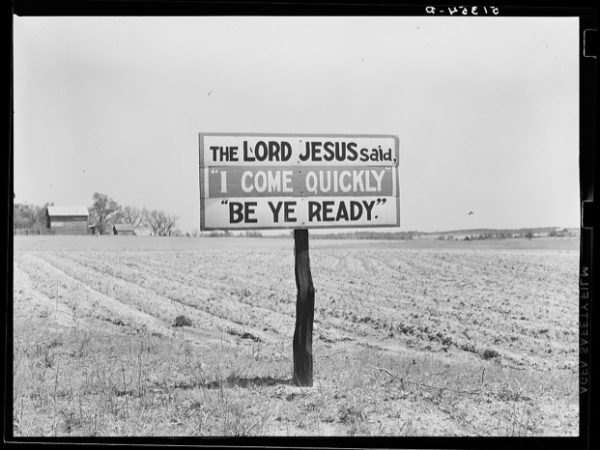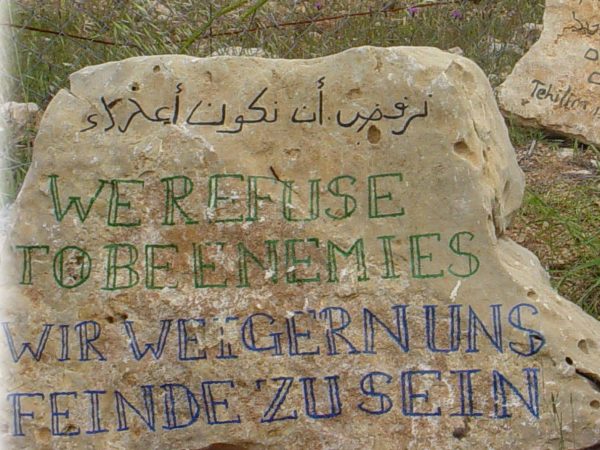
One alternative to a disorienting retributive hierarchy … is repentance, offered to the living, not the dead. This is the honest acceptance of one’s own sin that leads to a turning from the destructive habits of assigning greater or lesser guilt to others. The activity of repentance, in turn, becomes the basis for the possibility of reconciliation between God and offender, between offender and the offended.

Heavenly citizenship for Paul is certainly not about escaping social responsibility within this life. The path that follows Christ is a path that moves one’s focus from earthly things to heavenly.

The virtues and practices include confronting the issue rather than the person, practicing forgiveness, tolerance, and reconciliation, embracing the enemy as a child of God, and protecting human dignity and the common good. It explores how the combination of CST and nonviolence can address human actions that sustain marginalization, racism, conflicts, oppression, domination, and diverse forms of social exclusion.

In turning away from more abstract debates about liturgy to those that center on its lived and material dimensions, we hope to enliven a conversation about ‘lived liturgy’ to consider what practices uphold, challenge, or fail to account for the global political order.

[P]romoting justice and defending human dignity need not only hinge on grand self-sacrificial gestures…. That social structures are sustained by social practices suggests that the everyday is consequential too and dispels the notion that smaller or more mundane acts are too paltry and thus powerless to effect the kind of structural change justice requires.

The Spirit is the decisive factor in any ethical and political existence that would strive for truth, for justice, and for a mode of persuasion that can challenge the world’s assumptions of what is possible without rhetorically pulverizing those who do not yet agree or pretending that we are better or wiser than we really are.





